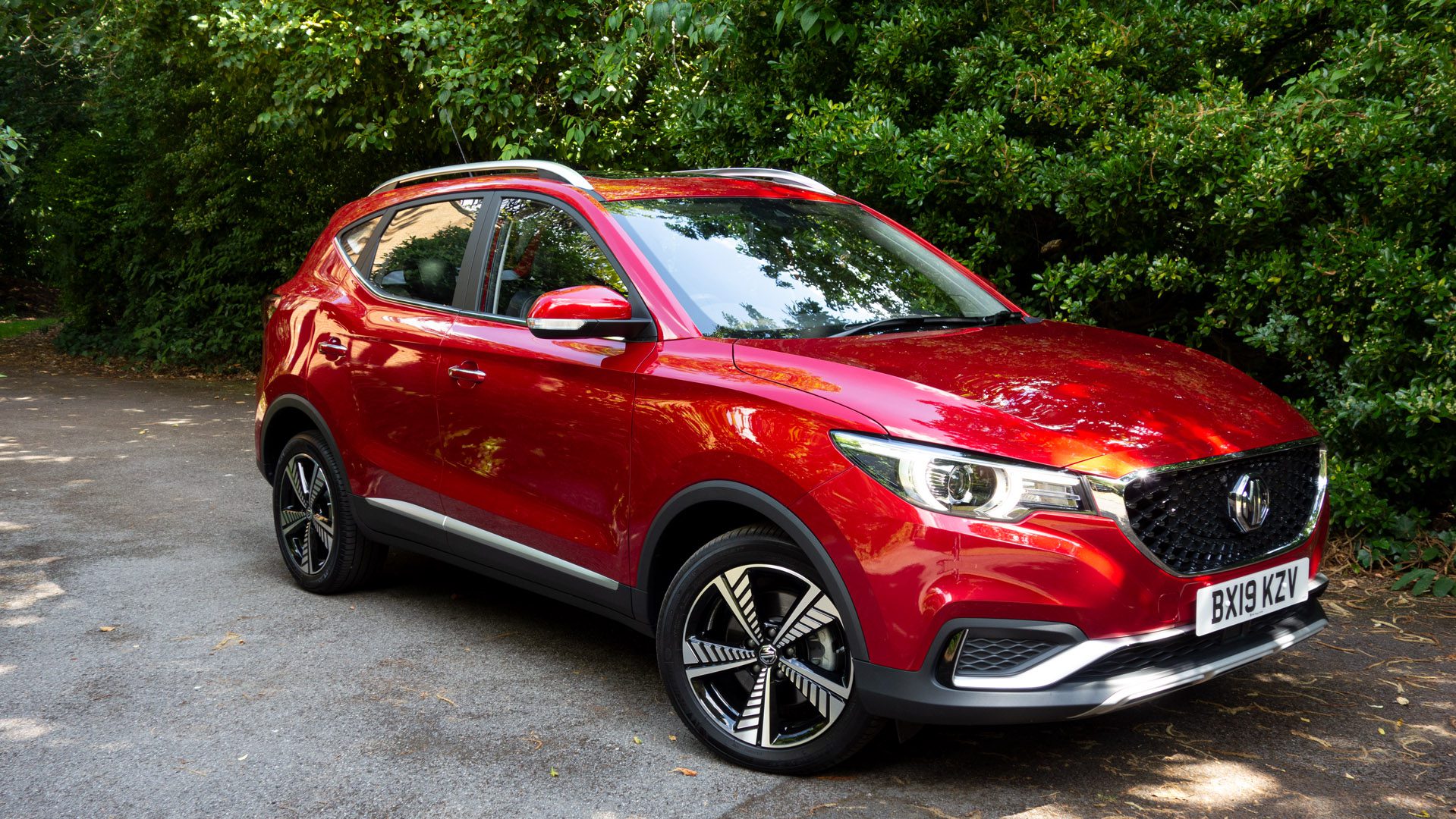Table of Contents
As India’s Union Budget 2024 approaches, the country’s automobile sector is closely monitoring potential reforms that will shape its future. With a primary focus on achieving net-zero carbon emissions, Finance Minister Nirmala Sitharaman stands at a crossroads, ready to implement transformative measures that could revolutionize transportation in India.
Strategic Steps Toward Net-Zero Emissions in Indian Budget 2024
India’s journey towards net-zero carbon emissions hinges on comprehensive strategies across various sectors. Experts are calling for a seamless continuation of policies that promote the widespread adoption of electric vehicles (EVs). By integrating EV services into the priority lending scheme, it is expected that more businesses will be encouraged to shift toward EVs, particularly in the logistics and delivery sectors.

Another key proposal is the reduction of Goods and Services Tax (GST) for EV-related services from 18% to 5%. This reduction is anticipated to ease the financial burden on both consumers and businesses, boosting the demand for EV adoption, especially for last-mile delivery services that are pivotal to the economy.
Recognizing Last-Mile Delivery as a Distinct Sector
The significance of last-mile delivery in India’s logistics sector cannot be overstated. In line with ongoing reform discussions, experts are advocating for the recognition of last-mile delivery as a distinct sector under national logistics policies. This will encourage the establishment of standard operating procedures (SOPs), provide a platform for gig delivery workers, and foster the sector’s growth with specialized support.
Such measures would improve operational efficiency, reduce costs, and provide a reliable and sustainable solution for deliveries in both urban and rural areas.
The Indian Budget 2024 Enhancing the FAME Scheme
Extending the FAME (Faster Adoption and Manufacturing of Hybrid and Electric Vehicles) scheme is critical for accelerating the transition to a greener transportation sector. Experts suggest introducing FAME III, which would broaden its incentives to cover all EV types, with a special focus on supporting MSMEs in the EV ecosystem.

To address the growing demand for EVs, FAME III should prioritize building a more robust charging infrastructure and establishing battery swapping standards. This would reduce operational inefficiencies, enhance vehicle safety, and ultimately lower consumer costs, making EVs more accessible to a wider population.
Voices from the Industry
Akash Gupta, CEO & Co-founder of Zypp Electric
Akash Gupta emphasizes maintaining policy continuity to achieve net-zero carbon emissions. He advocates for the inclusion of EV services in the priority lending scheme and a reduction in GST from 18% to 5%. Gupta believes that recognizing last-mile delivery as a distinct sector and establishing standard operating procedures (SOPs) will enhance efficiency and foster growth.
Jayapradeep Vasudevan, CBO of Raptee
Jayapradeep Vasudevan points out that the gradual phase-out of FAME 2, with the EMPS currently offering a benefit of just Rs.10,000 per two-wheeler, necessitates support for OEMs in manufacturing batteries and EVs.
He argues that this will alleviate the pressure on OEMs, who are dealing with higher manufacturing costs and customer price sensitivity. Supporting OEMs will help India achieve its mission of 50% EV penetration by 2030.
Samkit Shah, Cofounder of Jitendra EV
Samkit Shah calls for special packages with financial incentives, subsidies, and tax breaks for MSMEs in the EV sector. He highlights the importance of improved credit access through initiatives like Priority Sector Lending (PSL) to provide essential funding for expansion and innovation. Shah also emphasizes the need for targeted incentives for local manufacturing, R&D, and technological advancements to foster inclusive growth and enhance MSME competitiveness.
The Road Ahead
As the Centre prepares to present Budget 2024, the automobile industry awaits decisive reforms that will set India on a sustainable path. Through continued policy support, targeted incentives, and a focus on last-mile delivery, India can accelerate the transition to electric vehicles and foster inclusive growth across the country.
The proposed reforms, if implemented, will help India achieve its long-term climate goals, reduce carbon emissions, and improve the efficiency of the transportation sector, ultimately contributing to the country’s net-zero emissions target. As India looks ahead to a greener future, the 2024 Budget is poised to be a catalyst for the transformation of the automobile industry and its role in the broader sustainability agenda.







